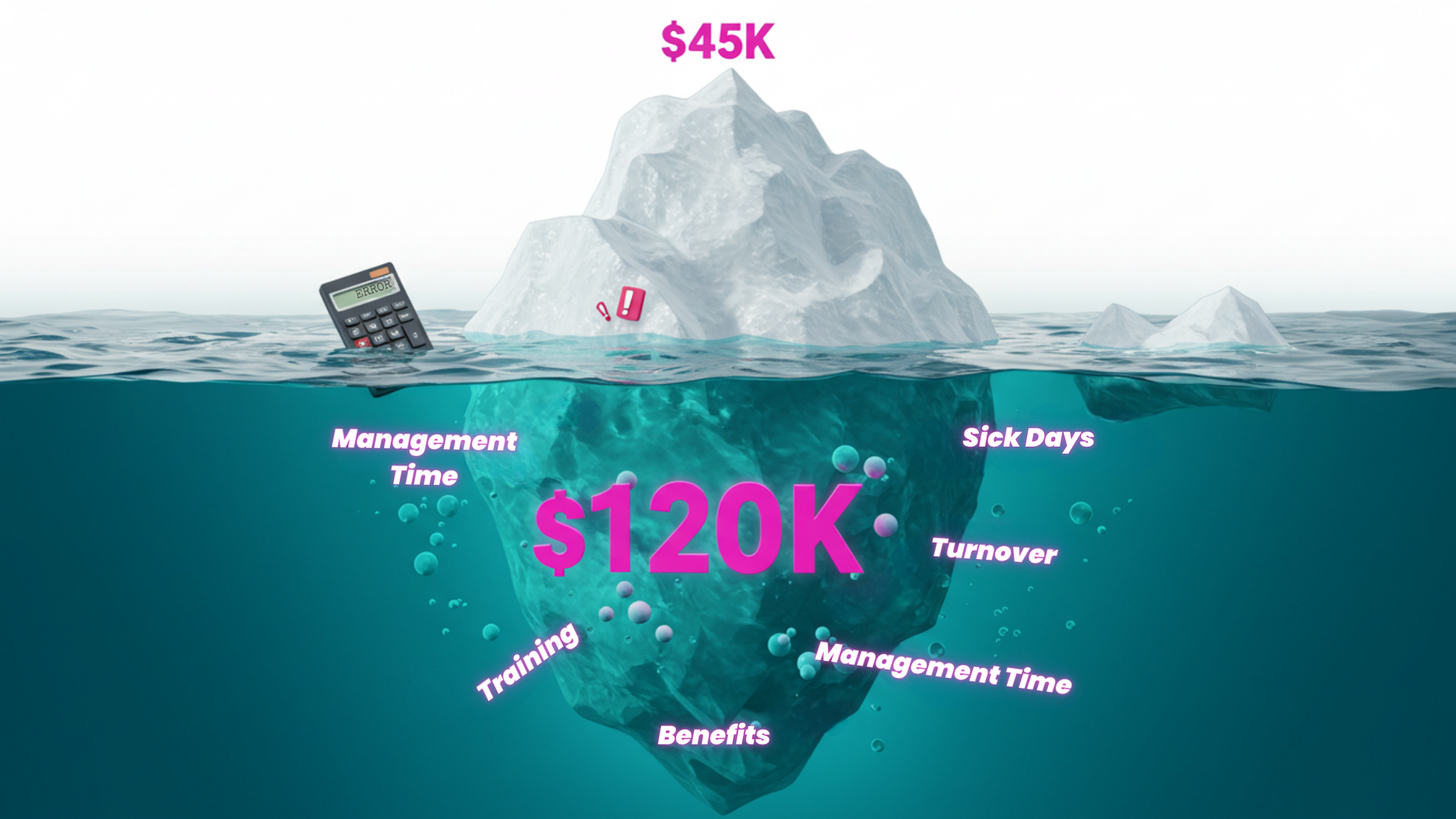The Ethical Implications of Replacing Human Roles with AI Employees
The rise of artificial intelligence (AI)
The rise of artificial intelligence (AI) is reshaping industries across the globe, promising efficiency, cost reduction, and innovation. AI-powered employees, or AI agents, are increasingly taking on tasks traditionally performed by humans, from customer service and data analysis to complex decision-making. While this technological leap offers remarkable benefits, it also raises significant ethical concerns. The shift from human labor to AI employees has implications for employment, privacy, decision-making transparency, and societal equity. Addressing these challenges is essential to ensure AI adoption benefits humanity as a whole.
Understanding the Role of AI Employees
AI employees are software-driven agents designed to automate tasks, make decisions, and sometimes interact with humans. They leverage machine learning, natural language processing, and predictive algorithms to execute jobs efficiently. Common applications include:
- Customer Support: Chatbots handling inquiries 24/7.
- Financial Services: AI detecting fraud and managing portfolios.
- Manufacturing: Robots streamlining production lines.
- Healthcare: AI assisting in diagnoses and treatment planning.
As these tools become more sophisticated, they’re replacing not just manual labor but also cognitive roles, creating both opportunities and ethical dilemmas.
Societal Challenges of Replacing Human Roles
1. Impact on Employment
One of the most debated aspects of AI-driven automation is its effect on jobs. While AI promises to boost productivity, it also risks displacing millions of workers.
Job Displacement
AI agents excel at performing repetitive and predictable tasks faster and more accurately than humans. For example:
- Automated systems in retail are replacing cashiers with self-checkout machines.
- AI-powered analysis tools are reducing the need for entry-level analysts in finance.
This displacement disproportionately affects lower-skilled workers, exacerbating unemployment and income inequality. According to a report by the World Economic Forum, automation could displace 85 million jobs globally by 2025 while creating 97 million new roles. However, the transition may leave many workers unprepared for emerging opportunities.
Economic Inequality
The benefits of AI adoption often concentrate among those who own or develop these technologies, leaving displaced workers economically vulnerable. This imbalance can widen the gap between high-income earners and low-income workers, leading to broader societal inequities.
2. Privacy Concerns
AI employees often handle vast amounts of sensitive data to function effectively. This reliance on data raises serious privacy issues:
- Data Collection: AI agents in customer service or human resources collect and process personal information, from contact details to behavioral patterns.
- Data Security: Storing and analyzing such data increases the risk of breaches, putting individuals’ privacy at risk.
- Surveillance: AI tools used in monitoring employees or customers may inadvertently create environments of constant surveillance, reducing trust and autonomy.
For instance, AI systems used in hiring can analyze social media profiles, emails, or other digital footprints to assess candidates, potentially violating privacy norms.
3. Decision-Making Transparency
AI agents are often “black boxes,” meaning their decision-making processes are not fully understood even by their creators. This opacity can lead to ethical and operational concerns.
Bias in Algorithms
AI systems are only as good as the data they are trained on. If the data reflects biases, the AI will too. For example:
- Hiring algorithms trained on biased historical data may favor certain demographics, perpetuating inequality.
- AI used in law enforcement has shown biases against minority groups, raising ethical alarms.
Accountability
When an AI agent makes a decision—such as denying a loan or selecting a job candidate—who is accountable for errors or discriminatory outcomes? Lack of clear accountability frameworks makes it challenging to address such issues.
Balancing Innovation with Ethical Responsibility
To ensure AI adoption aligns with ethical principles, businesses, governments, and society must collaborate on strategies that promote responsible AI use.
1. Ethical AI Development
Developers and organizations must prioritize ethics during the creation and deployment of AI agents. Key strategies include:
- Transparency: Building AI systems that explain their decision-making processes in understandable terms.
- Fairness: Training algorithms on diverse, unbiased datasets to reduce discriminatory outcomes.
- Privacy by Design: Embedding robust data protection measures into AI systems from the outset.
By adopting ethical AI development practices, organizations can build trust with users and mitigate negative impacts.
2. Workforce Retraining Programs
While AI will inevitably displace some roles, it will also create new opportunities. Preparing the workforce for these changes is crucial.
Upskilling and Reskilling
Governments and businesses must invest in education and training programs to help workers adapt to the changing job market. For example:
- Teaching coding, data analysis, and other technical skills to workers in roles vulnerable to automation.
- Offering programs in critical thinking and creativity, skills that complement AI capabilities.
Lifelong Learning
Encouraging a culture of continuous learning can help individuals stay relevant in an evolving job market. Organizations like Coursera and Udemy already provide accessible platforms for workers to acquire new skills.
3. Fair Distribution of Benefits
To prevent economic disparities, policies must ensure the benefits of AI adoption are shared equitably.
Universal Basic Income (UBI)
One proposed solution is implementing UBI, where governments provide a guaranteed income to all citizens. This safety net could support individuals displaced by AI, enabling them to pursue education or entrepreneurial ventures.
Taxation of AI Profits
Governments could impose taxes on companies that benefit from AI-driven automation, using the revenue to fund social welfare programs, education, and infrastructure.
Societal Benefits of Responsible AI Adoption
When implemented ethically, AI agents can offer significant societal benefits:
- Improved Access: AI in healthcare can provide diagnostics and treatments in underserved areas.
- Environmental Sustainability: AI can optimize energy use, reduce waste, and contribute to sustainable practices.
- Economic Growth: By automating mundane tasks, AI enables businesses to focus on innovation, driving economic expansion.
y addressing ethical concerns, these benefits can be realized without harming vulnerable populations.
Case Studies: Ethical AI in Action
1. IBM’s Watson in Healthcare
IBM’s Watson has been used to analyse patient data and recommend treatments. By making decisions transparent and collaborating with healthcare professionals, Watson demonstrates how AI can complement rather than replace human expertise.
2. Microsoft’s AI Principles
Microsoft has established ethical AI principles focusing on inclusivity, transparency, and accountability. Their approach includes reviewing potential risks and embedding ethical considerations into AI development.
The Road Ahead
As AI continues to transform industries, balancing innovation with ethical responsibility is paramount. Governments, businesses, and individuals must work together to ensure AI adoption benefits society while minimizing harm.
Recommendations:
- Adopt Ethical Guidelines: Companies should follow frameworks like the AI Ethics Guidelines set by the European Commission.
- Invest in Education: Expanding access to STEM education and vocational training can prepare future generations for an AI-driven economy.
- Foster Collaboration: Multistakeholder efforts involving governments, tech companies, and civil society can create inclusive AI policies.
Conclusion
Replacing human roles with AI employees is a double-edged sword, offering efficiency and innovation while posing societal and ethical challenges. The impact on employment, privacy, and transparency demands urgent attention from policymakers, businesses, and society.
By investing in ethical AI development, workforce retraining, and equitable policies, we can harness the potential of AI while safeguarding human dignity and social equity. The road to responsible AI adoption is complex, but with collaboration and foresight, it can lead to a future where technology uplifts rather than divides.

















